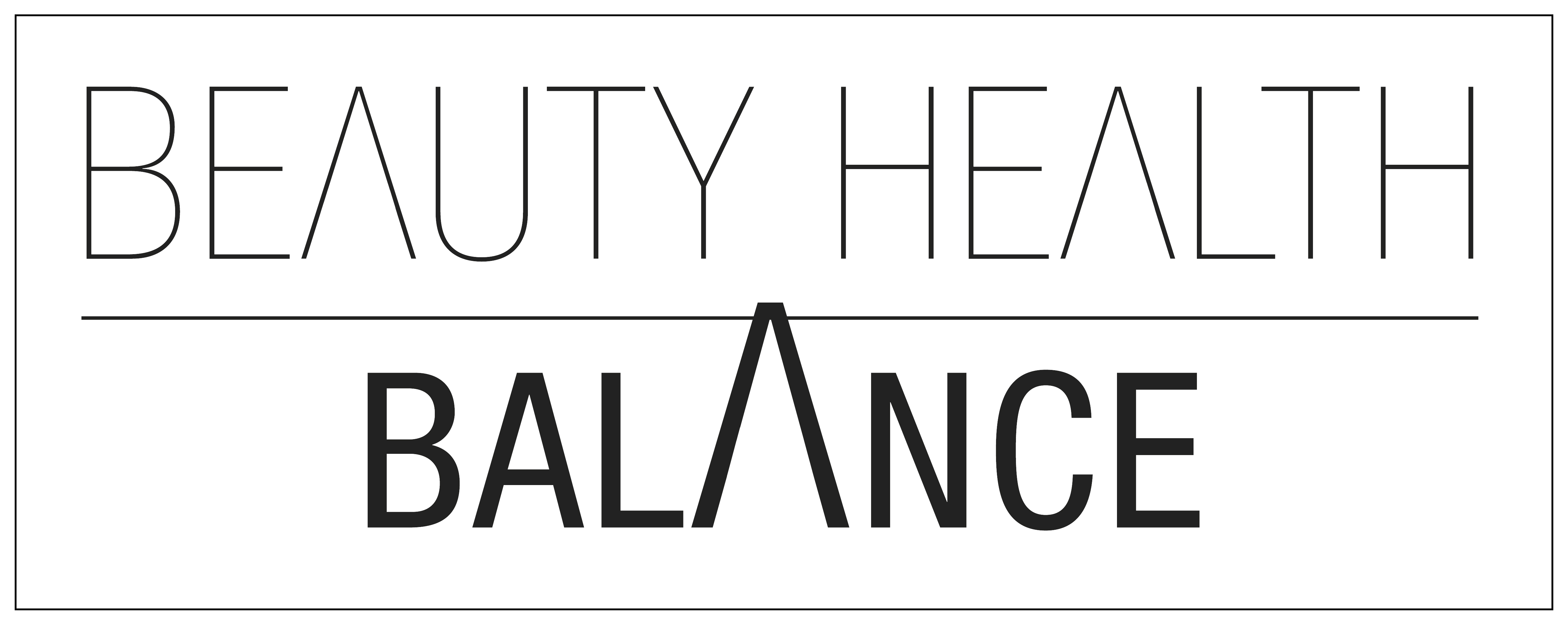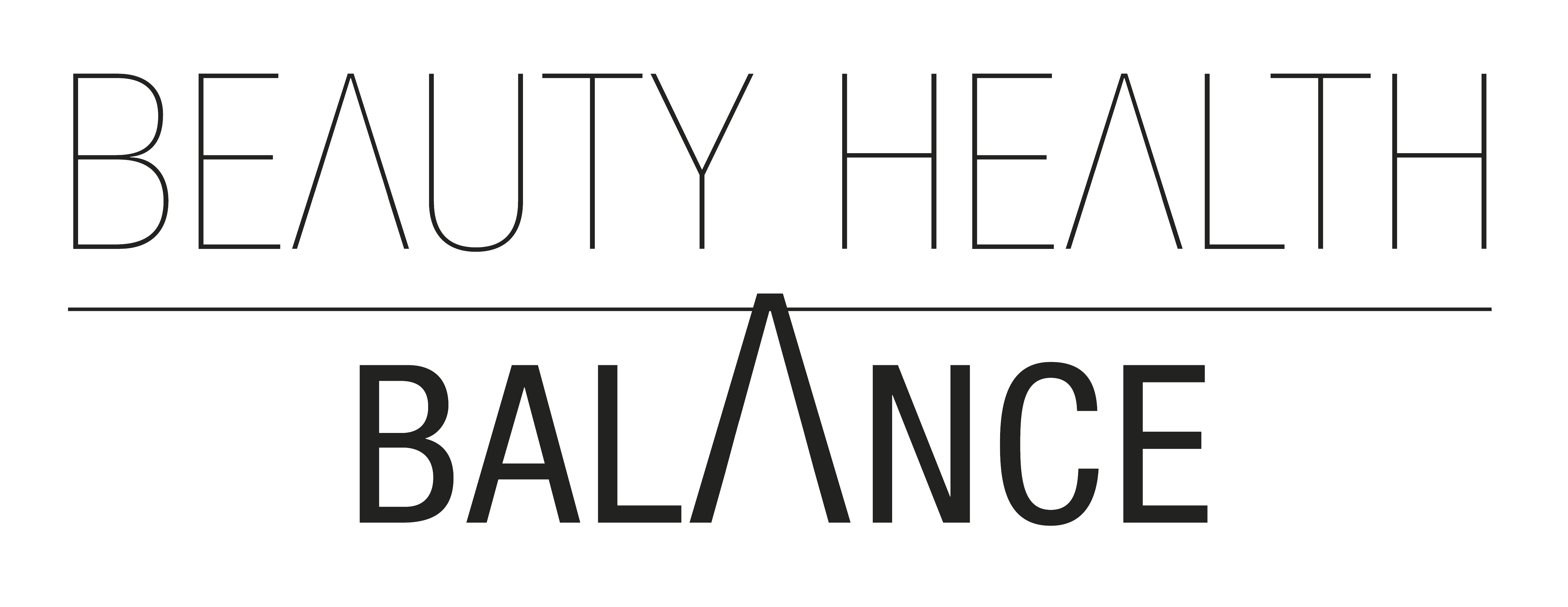Epigenetics and nutrition: Serious programming errors
Influences of all kinds, such as the climate, permanent stress, sport, feelings, hunger or too much food intake, can program mammalian cells epigenetically and permanently change their functioning. The quality and quantity of the food are largely responsible for controlling the degree of activity of the genes. The course for health and illness is laid, especially, during pregnancy and the first months of life.
Epigenetics is a branch of genetics and researches molecular structures that are located on or near genes. They lie as a “second code” over the genome and program it depending on environmental stimuli. Dr. Peter Spork from Hamburg explained at a workshop, that in principle, these epigenetic structures act like switches that turn genes on or off. Epigenetic structures are passed on to the daughter cell as soon as the “second code” has been programmed. “In this way, an early-acquired trait can be or even will be kept for a long time,” explains Dr. Peter Spork.
However, this also means that every parent can also have a large positive influence. A positive lifestyle, a healthy and varied diet as well as the intake of the right supplements can have a great positive impact. For example, food supplements with folic acid, vitamin B12 and choline can help with cancer or diabetes, according to various studies.
Hahne Dorothee: Epigenetik und Ernährung – Folgenreiche Fehlprogrammierung [2012], Aerzteblatt (As of April 2020)

 Deutsch
Deutsch
